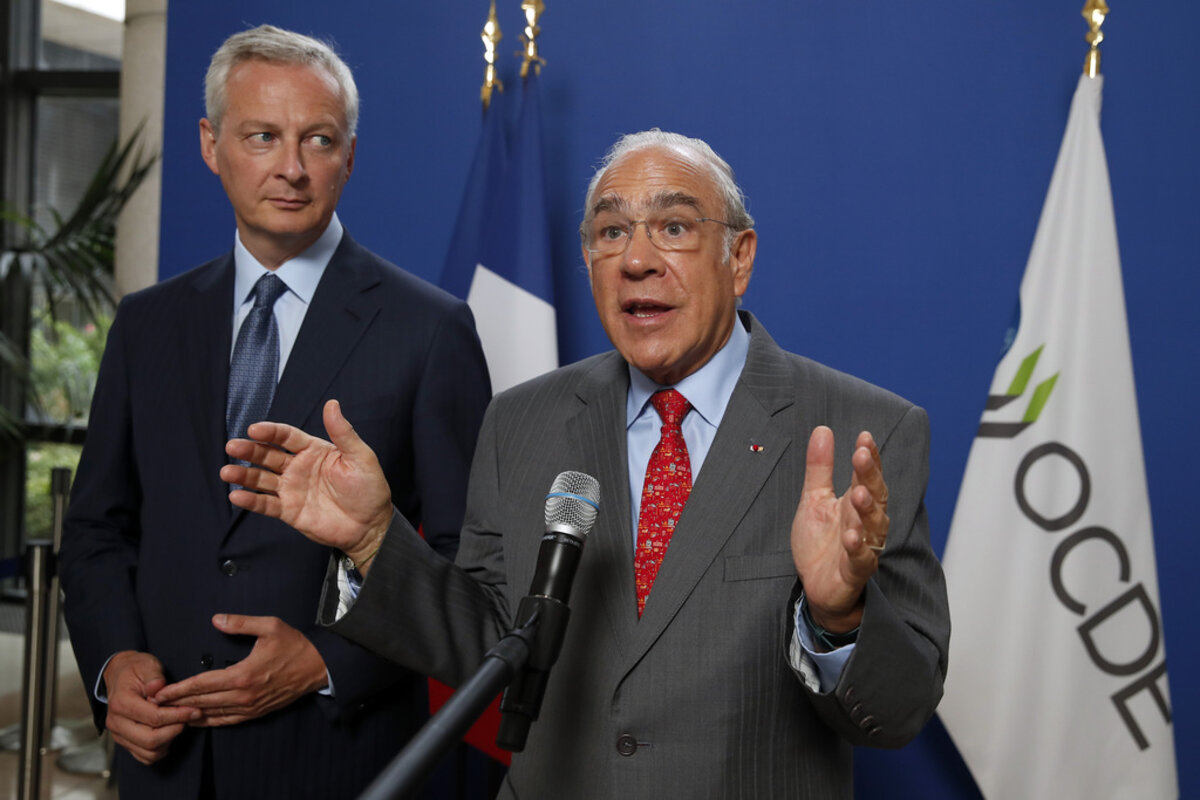In attacking President Trump, Democrat Joe Biden runs a risk – having his own résumé as a Washington insider turned against him.
Monitor Daily Podcast
- Follow us:
- Apple Podcasts
- Spotify
- RSS Feed
- Download
 Mark Sappenfield
Mark Sappenfield
Today’s Daily explores the perils of Joe Biden attacking President Trump, how even legal migration to the United States is fraught with trouble, an Arab twist on populism and democracy, the Nobel Prize for new views of the universe, and museums reconsidering their mission.
But first, today I am thinking about Cameran Sadeq.
I met him a year after 9/11 to tell his story. He had been mistaken for a terrorist and imprisoned in Miami for 4 1/2 months. He had lost his job, his car, and – most important to him – his dignity, having to borrow $7,000 to settle down with his newlywed wife in Canada. He did not want to live in the United States anymore.
Cameran Sadeq is Kurdish. In Iraq, he had fought in a U.S.-backed rebellion against Saddam Hussein, who killed thousands of his fellow Kurds with poison gas. After that, he worked through Syria, Lebanon, and Cyprus to get to the U.S. America, he thought, was a friend.
This week, the Trump administration is allowing one of its stronger friends, Turkey, to pulverize Kurds in Syria. The power dynamics and ethical fault lines in the Middle East are notoriously tangled. But without the Kurds, thousands of American troops would have been needed – and put in harm’s way – to defeat the Islamic State. America, they thought, was a friend.
Is it in America’s self-interest to allow the mutual unleashing of pent-up prejudice and fear? That is one view of power. But there is a different view. After my article, Monitor readers sent Cameran $1,600 to help with his debts; it changed his life. That goodwill and generosity of spirit is neither naive nor impractical but speaks to the forces that move the world out of darkness and into light.










